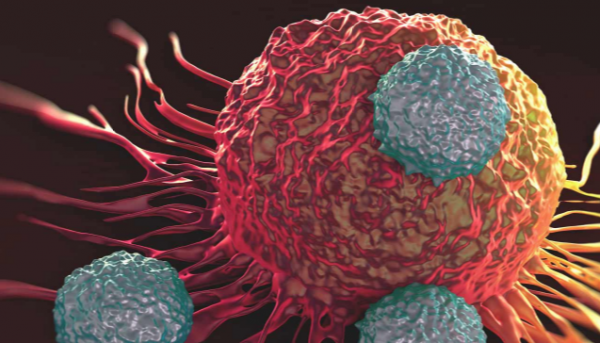China has begun a clinical trial of a gene-editing technique on patients with advanced lung cancer.
The technique, which is called CRISP-Cas9, allows scientists to edit genome — the set of genes in a cell, and replace them with new DNA with hope that diseases like cancer will be cured.
CRISPR, acronym for Clustered Regularly Interspaced Short Palindromic Repeats, is a collection of DNA sequences that direct Cas9 on where to cut and paste.
Cas9 is an enzyme that can edit DNA, allowing the alteration of genetic patterns by genome modification.
The News Agency of Nigeria reports that trial began in late October when a group of oncologists at the West China Hospital of Sichuan University started injecting genetically modified cells into a patient with aggressive lung cancer.
The editing therapy treatment periods takes about 8-13 weeks and the entire trial could last over a year.
Carl June, a clinical researcher in immunotherapy at the University of Pennsylvania, told Nature journal that Chinese scientists’ trial is “an exciting step forward.”
Naiyer Rizvi, director of Thoracic Oncology at Columbia University Medical Center, told the same journal that the technology is incredible.
Antonio Russo, a professor of Medical Oncology at Palermo University in Italy, is also quoted by the journal as saying that the “exciting strategy” of CRISPR offers a “strong rationale”.
“China places a high priority on biomedical research,” said June. “I think this is going to trigger ‘Sputnik 2.0,’ a biomedical duel on progress between China and the United States, which is important since competition usually improves the end product.”
The genetic modifying method also received questions, as many are worried about possible side effects.
In response to such concerns, leader of the Chinese trial Lu You said in August that the treatment approach would be tested in the first phase of the trial.
“The top priority is safety. We will closely monitor the patients,” Lu told Xinhua. “The clinical trial is just the beginning, there are a lot of uncertainties, which will require further research.”
“Should the approach prove safe, we will consider expanding our research,” Lu said, adding that CRISPR-Cas9 technology has the potential to revolutionise the treatment of blood diseases, tumors and other genetic diseases.
Copyright 2024 TheCable. All rights reserved. This material, and other digital content on this website, may not be reproduced, published, broadcast, rewritten or redistributed in whole or in part without prior express written permission from TheCable.
Follow us on twitter @Thecablestyle

